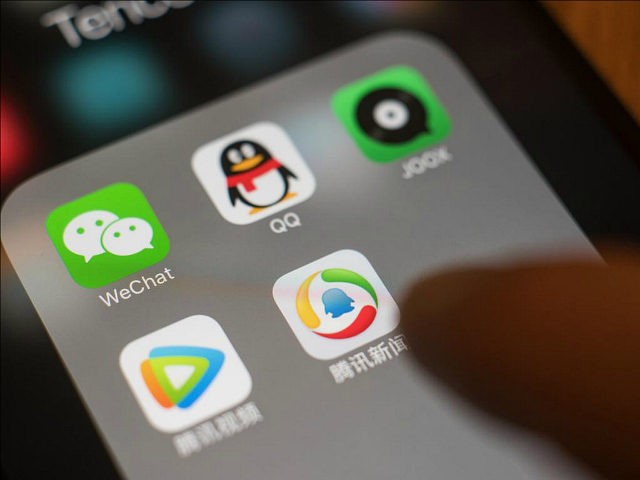The Chinese government has issued new rules on instant messaging services ahead of the Chinese Communist Party congress next month, the South China Morning Post reports.
The new measures come ahead of an important party congress that will see a reshuffle of some of the party’s most senior officials, with the world’s media likely to be paying close attention.
Therefore, Chinese authorities are targeting many of China’s most popular instant messaging services, such as WeChat, QQ, Baidu’s Tieba, and Alibaba’s Alipay. The government has issued regulations requiring the services to verify the full identities of their users as well as keeping transcripts of all chats for at least six months.
Companies will also be forced to establish a “credit system” where users are given access based upon their score. Users who consistently break the rules will be given a low credit score, meaning their right to manage group chats could be suspended or even revoked. However, those managing group chats must shoulder responsibility for any conversations that take place.
“Whoever owns the group should be responsible, and whoever manages the group should be responsible,” the Cyberspace Administration of China said in a statement.
Last week, the Human Rights Watch agency presented a report at the United Nations alleging that China was in the process of its “most severe” human rights crackdown since the Tiananmen Square massacre of 1989.
In recent years, the Chinese authorities have ramped up their crackdown on freedom of expression, with criticism of the government remaining strictly illegal, as part of former leader Hu Jintao’s vision of the “promotion of a harmonious society.”
In July, authorities banned references across social media to the children’s literary character Winnie the Pooh due to comparisons made between him and Chinese President Xi Jinping.
Since the death of the Chinese Nobel Peace Prize laureate and human rights activist Liu Xiaobo in July, censors have also worked hard to remove any tributes to the democracy activist. Both keywords and images associated with Liu have been blocked across all major social media platforms in China, according to analysts.
However, although many people in China are finding ways around the censorship by dodging what is known as the “Great Firewall,” which selectively blocks content chosen by the government. Blocked sites include Facebook, YouTube, Google, Twitter, and Instagram, as well as the websites of most western news organizations.
Follow Ben Kew on Facebook, Twitter at @ben_kew, or email him at bkew@breitbart.com.

COMMENTS
Please let us know if you're having issues with commenting.